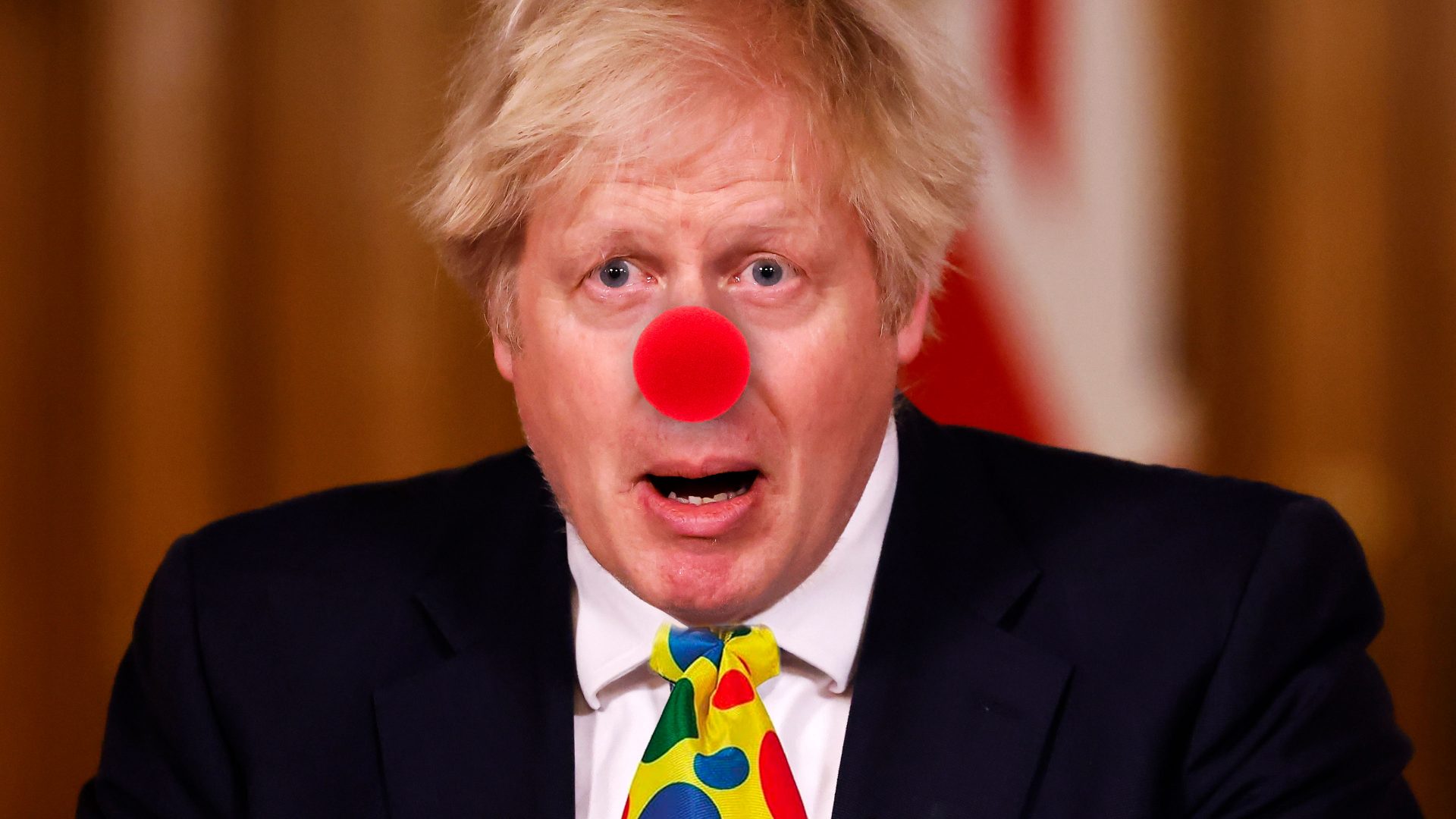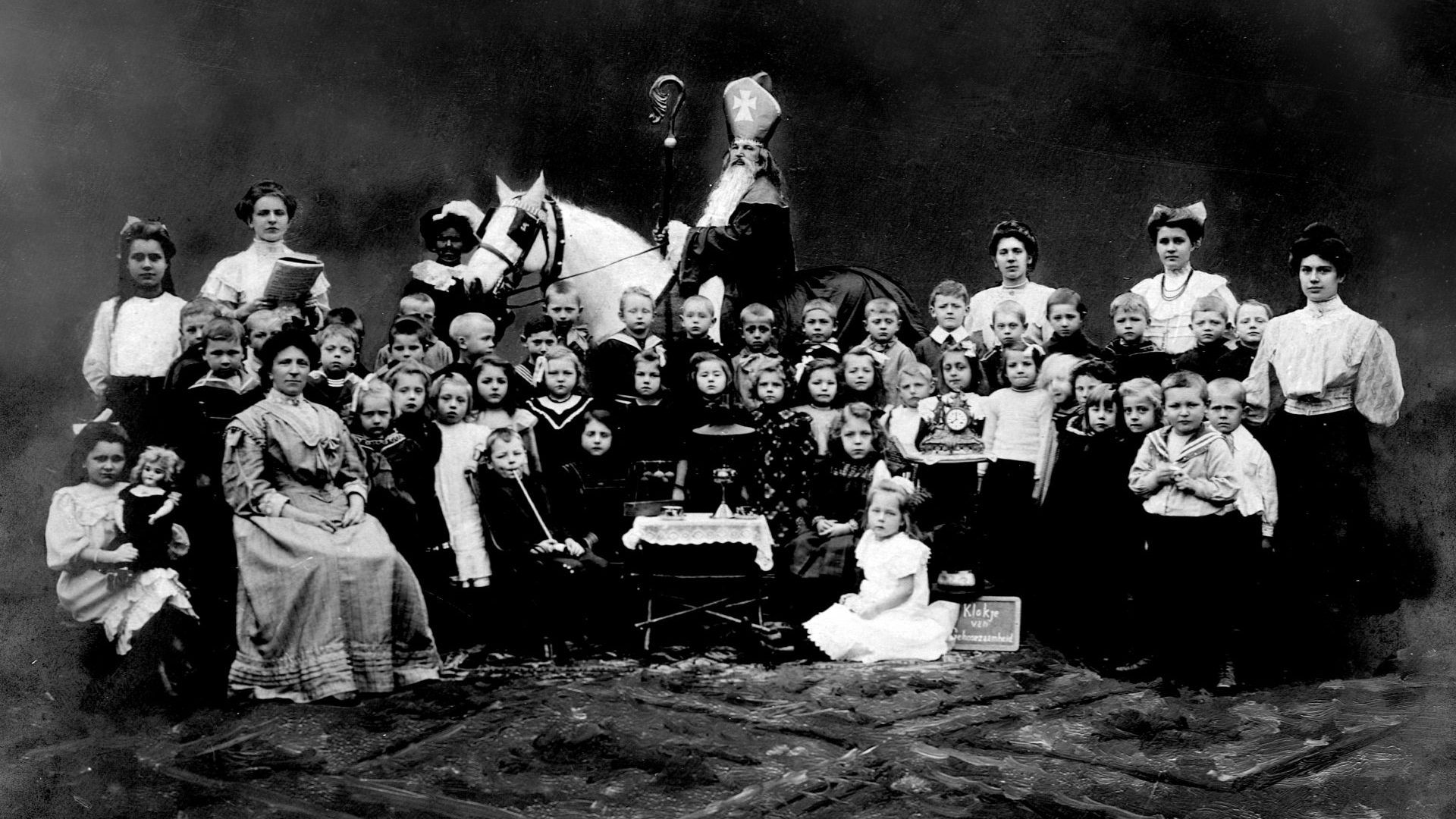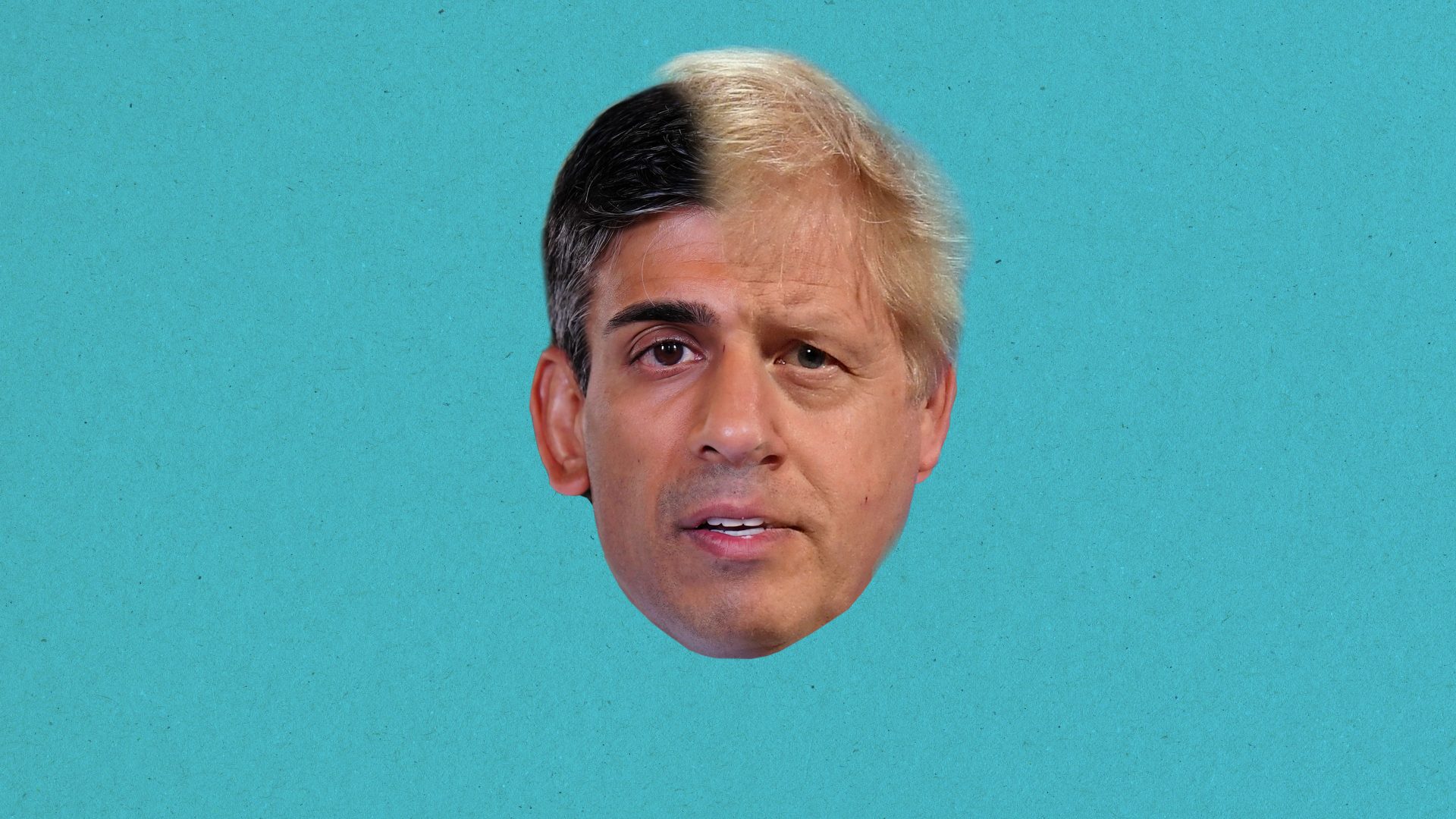This year it would be even easier than most to write on the theme of a bleak midwinter: our public sector workers, pushed to the brink, are striking. Inflation stays stubbornly above 10%, entirely unmatched by wage increases, squeezing already strained budgets. And that’s before anyone tries to put the heating on.
But this is also, of course, supposed to be the season of good cheer – and so in that spirit, and in the spirit of taking on the greater challenge, let us try instead to take joy where we can in what has been a dark and dismal year.
If nothing else, we must look to the failure of Boris Johnson, the man who brought himself down not once, but twice. Johnson’s fall from grace was so abrupt and so avoidable – and the coup against him so badly managed – that it only happened because of his sheer arrogance and incompetence.
Johnson tried, after being lobbied at a private members’ club dinner by his old Telegraph mentor Charles Moore, to change parliamentary rules to prevent his fellow Conservative MP Owen Paterson from facing any consequences for repeated breaches of parliament’s lobbying rules.
Paterson had breached the rules sufficiently blatantly – and treated the inquiry against him with such contempt – that he faced a suspension long enough to trigger a possible recall ballot (in turn triggering a by-election he would almost certainly have won).
Despite his own oddly precarious position post-Partygate, Johnson opted to step in and try to help, setting off a chain of events that ultimately led to him briefly contemplating something close to a literal siege in the Downing Street complex before finally acquiescing to the inevitable.
That in turn led to the second event from which we should at least reclaim a little joy: the Liz Truss premiership, which did at least prove there is some kind of minimum bar for competence in UK politics, after recent years had left us questioning if it still existed.
Truss’s short reign of error has certainly left lasting damage, not least the extra spending cuts, and national debt that will need to be repaid, but has at least put paid to one of the maddest visions of modern Conservatism – namely that of Singapore-upon-Thames – and has given her an ironic legacy.
Truss and her chancellor Kwasi Kwarteng’s flagship emergency budget had at its core tax cuts for top earners and corporations, but unpicking it required substantial tax rises, and Kwarteng’s successor, Jeremy Hunt, chose to place the greatest share of the burden on exactly those earners. Instead of lower taxes, they face substantially higher taxes next year than they otherwise would have.
Our remaining political joy must surely come from the fact that Johnson was hubristic enough to attempt a political comeback after less than seven weeks out of office, as if somehow memories would have healed and there was some imagined public appetite beyond Tory members for his return.
Johnson either needed for that to be true, and to return triumphant, soaring atop the polls, or else to visibly be uninterested in the role – blatantly not applying for it or even being involved at all in the contest. Instead, he managed the worst of both worlds, flying back early from his holiday (while parliament was sitting) to lobby for the top job – before being forced to withdraw less than 48 hours later.
Much about Johnson remains infuriating: he has earned at least £1m from outside speaking gigs already, despite still being notionally employed full-time as a working member of parliament. He is living rent-free, thanks to a Conservative donor. He is still plotting some sort of political return. But much as he schemes and plots, he is a double failure – without even his overpriced Downing Street wallpaper as a legacy. According to rumours, Liz Truss had it painted over.
Where else might we look for joy? We may have to stay within the realms of schadenfreude – less pure and clean than the real thing, but sometimes we take what we can get – and look at Elon Musk, who was for most of the year (but is no longer) the world’s richest man. Musk has always craved and fed off the adoration of his fanboys, and had he decided to just continue running Tesla and SpaceX, could still feed off that now.
Instead, he opened himself up to a much wider bubble by buying Twitter – largely against his will, thanks to signing a more binding contract than he realised. And unfortunately for Musk, that wider bubble didn’t like him nearly so much, and any benefit of the doubt he was granted soon evaporated.
In early December, Musk walked onstage at a sell-out arena show by comedian Dave Chappelle in San Francisco and was stunned to be booed whenever he tried to speak. A few days later, he held a poll about whether he should continue as chief executive of Twitter, and despite several “careful what you wish for” ominous warnings, lost by a landslide.
And between Twitter and the plummeting price of Tesla – the main source of his wealth – Musk has nuked his personal wealth by something close to $100bn (£82bn). Musk is having one of the most spectacular fails in history, and he is doing it entirely in public. He may have done more than anyone else – possibly combined – to debunk the myth of billionaire-as-genius, and that’s in a post-Trump world.
If there is any serious joy to be found in the world, it does still stem from adversity, but it can be found by looking to Ukraine. The people of Ukraine spent last winter being gaslighted: told that Russia wouldn’t invade, but that if they did, their country would crumble within days.
Russia came, and Russia was first held back and then pushed back – thanks solely to the Ukrainian people, helped by a charismatic leader in Volodymyr Zelensky. Had they not shown such fierce spirit and such energetic resistance, the world would have tried to ignore and appease Russia, as they have before.
Instead, we have been compelled to action – providing arms, providing training, money, help and solidarity. That has kept Ukraine on its feet and shown that it is possible to stand up to even the most tyrannical of bullies.
Christmas is a season in which we hope for peace, but we must understand what that means: the fake peace of tyranny, of folding to the dictator and living in silent fear, is not peace. Real peace is freedom, and it is something that must be fought for.




